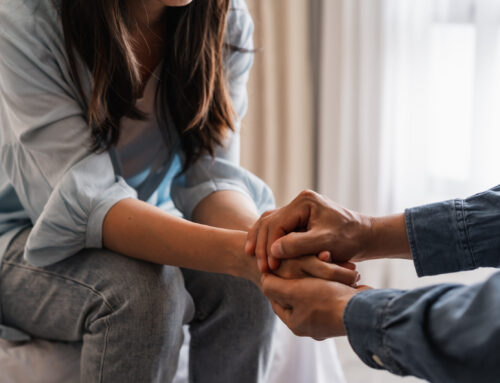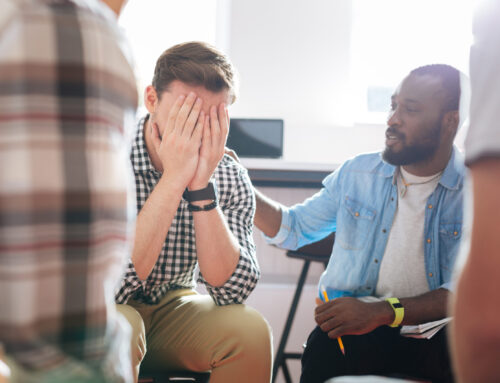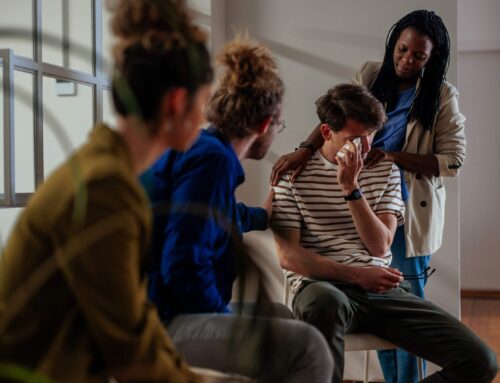
Advocacy: The Solution to The Opioid Epidemic
Addiction, especially opiate addiction, knows no bounds- it affects Americans from every state, of every color, every socioeconomic status and gender. It takes many forms- the teenager uneducated about the perils of opiates and addiction seeking heroin from the many Interstate vessels it flows so freely from, to the worker hurt on the job who is seeking an end to the chronic pain he suffers from. Many Americans have preconceived notions about who opiates affect- they think of homeless people, people living in crime-ridden areas, those predisposed to the affliction by having addict family members. But many would be surprised to see just who is suffering from this illness. Your neighbors, your coworkers, your family members, your friends- all of these people know someone struggling with addiction, if they aren’t themselves. But the problem is too pressing to sweep under the rug, as there are nearly 100 opioid overdoses resulting in death every day. Overdoses by heroin, fentanyl, or prescription opiates are the leading killer for Americans under 50.
The numbers continue to rise, despite the fact that measures have been taken on societal and governmental levels. There has been a crackdown on “pill mills,” pain management centers where opiates are prescribed without legitimate purpose, flooding communities with illegal narcotics. Many have been shut down and the doctors dispensing the medications lost their licenses. However, with the abundance of medical practitioner options available in a country that utilizes private healthcare, opiates are still relatively easy to get, or people simply turn to other options, such as heroin or fentanyl. Another measure taken has been to offer and expand these use of opiate supplements suboxone and methadone (administered in clinical settings). And while these drugs may do some good to inhibit the effects of withdrawal in a short-term capacity, they do nothing to fix America’s dependence on opiates, with many patients taking the supplements while still purchasing illegal opioids.
But the death toll continues to increase and no widespread change has really been achieved. This is because opiate addiction, and addiction in general, continues to be treated as a condition of moral turpitude rather than a disease. The stigmatization of addiction and addicts themselves has led to a culture that is ambivalent to their treatment. Instead of offering people who have been caught using/possessing illegal drugs help, we offer them jail time where they can be constantly exposed to drugs in an environment that is notorious for recidivism. Instead of offering spaces where people can stay to avoid the temptation of drugs or alcohol at a subsidized rate (as is available for the mentally ill, battered women, homeless and those in poverty), there are few legitimate and cost-effective options for long-term treatment and support. Recovery Care Partners can provide substantial help on a personal basis, but widespread, governmental policy change is still lacking and something we advocate for. When Recovery Care Partners helps an addict or their family understand more about the disease, we hope that it has an exponential effect, reaching communities and individuals we can’t even anticipate.
But still, much more is needed, especially in terms of education. Instead of teaching our youth what drug addiction is and who drug addicts are, we paint drug users as demonic and children never begin to develop empathy for them. At Recovery Care Partners, we hope to reverse that stigmatization by providing counseling and education and proving, through our own success stories, that recovery is possible and there is a good person inside of your loved one afflicted with opiate dependence or addiction in general.
Table of Contents







